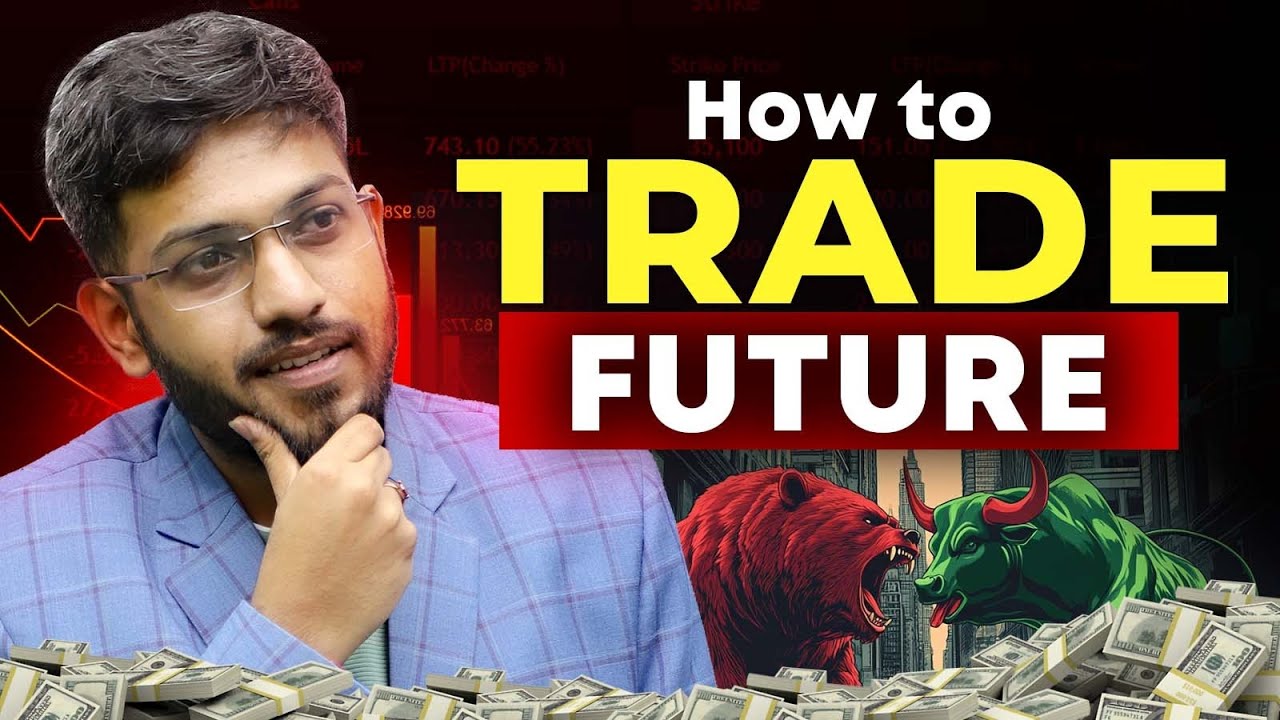In the fast-paced world of finance, futures contracts are a cornerstone of risk management and speculative trading. Whether you’re a seasoned investor or a curious beginner, understanding futures contracts is key to navigating the stock market. This guide breaks down what futures contracts are, how they work, their benefits, risks, and how to trade them effectively.
How to Find Swing Trade Stocks for Investing: A Step-by-Step Guide
What is a Futures Contract?
A futures contract is a legally binding agreement to buy or sell a specific asset (like stocks, commodities, or indices) at a predetermined price and date in the future. These contracts are standardised and traded on exchanges, such as the Chicago Mercantile Exchange (CME) or the National Stock Exchange (NSE). Unlike stocks, futures derive their value from an underlying asset, making them a type of derivative instrument.
Key Components of a Futures Contract
-
Underlying Asset: The financial instrument (e.g., gold, crude oil, S&P 500 index) the contract is based.
-
Expiration Date: The fixed date by which the contract must be settled.
-
Contract Size: The quantity of the underlying asset (e.g., 100 barrels of oil).
-
Futures Price: The agreed-upon price for a future transaction.
How Do Futures Contracts Work?
Futures contracts serve two primary purposes: hedging and speculation.
Example 1: Hedging Against Price Risk
A wheat farmer expects prices to drop before harvest. To lock in current prices, they sell futures contracts. If prices fall later, the profit from the futures offsets losses from selling wheat at a lower market price.
Best EV Stocks Charging Ahead in 2025: Top Picks for Sustainable Growth
Example 2: Speculation for Profit
A trader predicts oil prices will rise. They buy oil futures at 70/barrel. If prices jump to 85, the trader profits by selling the contract before expiration.
Who Participates in the Futures Market?
-
Hedgers: Farmers, corporations, or investors seeking to mitigate price volatility.
-
Speculators: Traders aiming to profit from price movements.
-
Arbitrageurs: Participants exploiting price discrepancies between markets.
Benefits of Trading Futures Contracts
-
Leverage: Control large positions with a smaller initial margin (e.g., 5-10% of the contract value).
-
Liquidity: High trading volumes enable easy entry/exit.
-
Diversification: Access to commodities, currencies, and global indices.
-
24-Hour Markets: Trade almost round-the-clock on certain exchanges.
Risks to Consider
-
Leverage Amplifies Losses: Small price swings can lead to significant losses.
-
Market Volatility: Unpredictable events (e.g., geopolitical crises) impact prices.
-
Expiration Dates: Contracts lose value as expiration nears if not rolled over.
Types of Futures Contracts
-
Commodity Futures: Oil, gold, agricultural products.
-
Stock Index Futures: S&P 500, NASDAQ.
-
Currency Futures: EUR/USD, GBP/JPY.
-
Interest Rate Futures: Treasury bonds, Eurodollars.
-
How to Find the Best Penny Stock for Trading: A Step-by-Step Guide
How to Trade Futures: A Step-by-Step Overview
-
Choose a Broker: Select a platform offering futures trading (e.g., Interactive Brokers, TD Ameritrade).
-
Understand the Contract: Research contract specs (size, expiration, margin).
-
Develop a Strategy: Decide between hedging, day trading, or swing trading.
-
Monitor Positions: Use stop-loss orders to manage risk.
-
Settle or Roll Over: Close the contract before expiration or roll it to a new date.
Futures vs. Options: What’s the Difference?
While both are derivatives, futures obligate the holder to buy/sell, whereas options provide the right (not obligation) to do so. Futures often involve higher risk due to mandatory settlement.
FAQs About Futures Contracts
Q1: Why trade futures instead of stocks?
A: Futures offer leverage, lower transaction costs, and the ability to profit in rising or falling markets.
Q2: Can retail investors trade futures?
A: Yes, but it requires knowledge, capital, and risk management due to their complexity.
Q3: What happens if I hold a futures contract until expiration?
A: Physical delivery (for commodities) or cash settlement (for indices) occurs. Most traders close positions early.
Conclusion
Futures contracts are a powerful tool for hedging and speculation, but they demand a solid understanding of market mechanics and risk management. By grasping their structure, benefits, and pitfalls, traders can leverage futures to diversify portfolios and capitalize on global market trends. Always consult a financial advisor before diving into futures trading to align strategies with your financial goals.
The Best 5 Stocks for Short-Term Investment in 2025: High-Potential Picks

